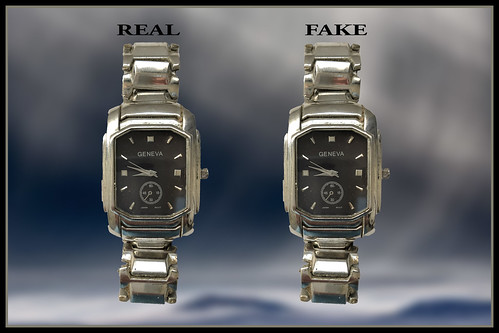In theory the internet could give everyone access to all the knowledge of humankind. Access to information would be a basic human right and there would be structures to support this in terms of compensating those who create the content. However, that concept is only a dream since so much valuable content is locked away behind paywalls and copyright restrictions. We have the illusion of access to everything, but once you start digging you soon run up against the walls.
Quality content requires skilled authors and time-consuming investigation, and that costs money. Thus we have tabloid newspapers, full of biased and misleading content, on sale for free or at a trivial cost (subsidised by a multi-billionaire), whilst quality journalism is forced to charge for its content in order to survive. If you want a more balanced view of the world based on scientific evidence rather than opinions you will often have to pay for it and often it is much harder to find than the vast quantities of lies and nonsense that is available for free and often turns up high on your search list. This is the topic of an excellent article by Nathan J Robinson in Current Affairs, The Truth Is Paywalled But The Lies Are Free.
... it costs time and money to access a lot of true and important information, while a lot of bullshit is completely free.
Current Affairs is a magazine that offers investigative journalism but of course depends on subscriptions to survive. The revenues from web advertising can't cover the costs for such publications so an increasing number of quality news channels are forced to set up a paywall. This in turn reduces their ability to attract new readers. In the last few years, I have begun subscribing to several magazines and newspapers (including the printed versions) but there is a limit to the number I can afford to pay for. Some have simply disappeared from my view. There are, of course, exceptions to this in the form of all the independent bloggers and journalists who publish for free but they all have bills to pay and there is a limit on how long they can afford to continue working for no reward. It's hard to compete against "free".
In the academic world we have the major scientific journals who still dominate despite significant inroads from the open access movement. If you don't belong to an institution that can afford to pay the high subscription rates you cannot access the latest research. This is a major handicap for researchers from developing countries who cannot read the relevant research in their field.
Robinson tries to imagine what the internet could be like if it was run for the common good rather than for profit. Just imagine this!
In fact, to see just how much human potential is being squandered by having knowledge dispensed by the “free market,” let us briefly picture what “totally democratic and accessible knowledge” would look like. Let’s imagine that instead of having to use privatized research services like Google Scholar and EBSCO, there was a single public search database containing every newspaper article, every magazine article, every academic journal article, every court record, every government document, every website, every piece of software, every film, song, photograph, television show, and video clip, and every book in existence.
That was indeed one of the visions put forward in the early days of the internet but then the corporations took over. The article argues that such a universal database is technically possible but some mechanism is needed to fund it and also to compensate the content producers. Taxation could be way of dealing with this in the same way as some countries offer free or cheap healthcare but at the same time paying the doctors and nurses. Content providers would be compensated according to how many people access their work. Utopian indeed, but sometimes we need to question the system we have.
But we are working on it. We are a long way from the world in which all knowledge is equally accessible. Hopefully someday our patchwork of intentionally-inefficient libraries will turn into a free storehouse of humanity’s recorded knowledge and creativity. In the meantime, however, we need to focus on getting good and thoughtful material in as many hands as possible and breaking down the barriers we can.

No comments:
Post a Comment
Note: Only a member of this blog may post a comment.